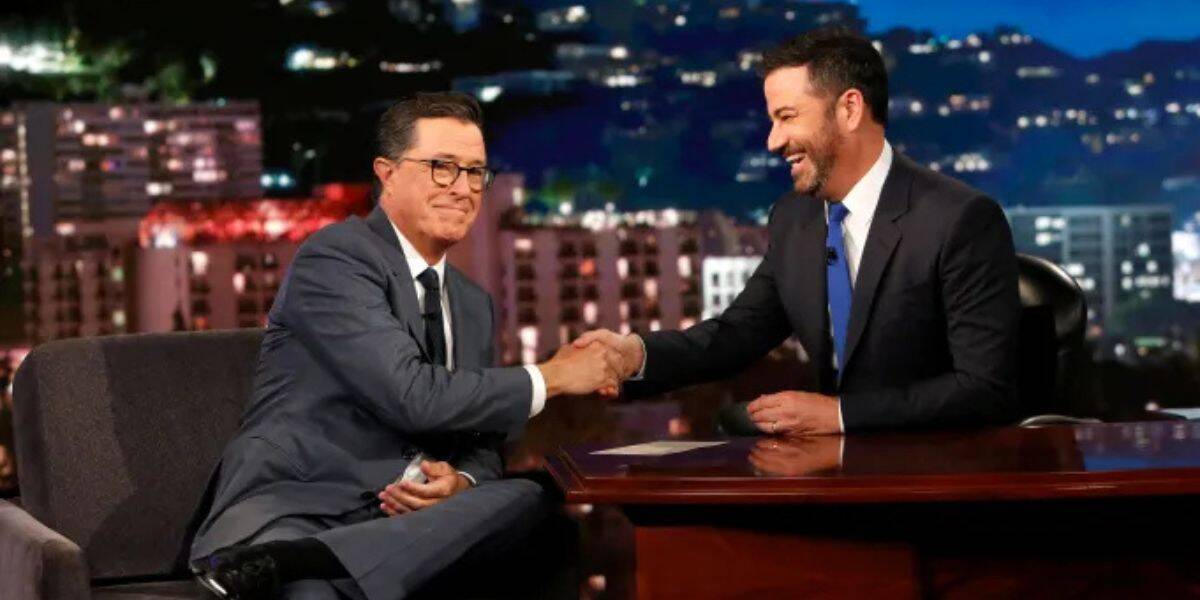Unity in Disdain: How Democrats and Republicans are Responding to Disney’s Kimmel Dilemma
Bipartisan Criticism of Disney’s Decision
Disney’s favorability ratings have taken a significant hit among both Democrats and Republicans following the handling of Jimmy Kimmel’s situation. A recent analysis from investment bank Jefferies revealed that sentiment toward Disney has been at its lowest among Democrats in two years and has been at a similar low for Republicans since March.
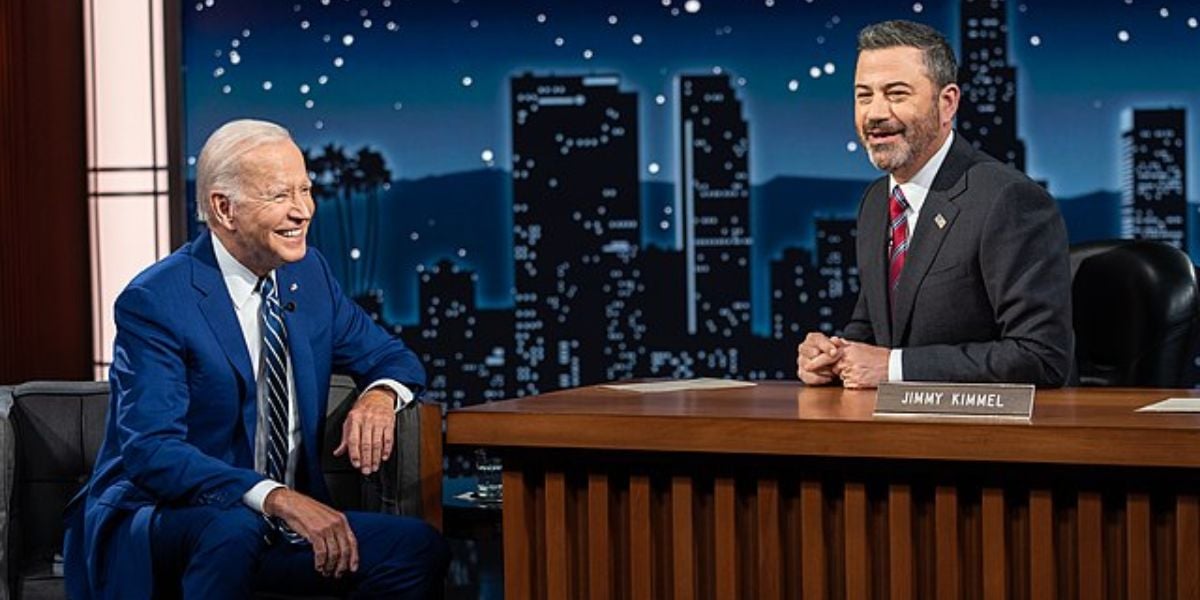
Before Kimmel’s removal, Disney enjoyed modest favorability: about 42% among Democrats and 30% among Republicans. However, this changed dramatically after he was taken off the air, plummeting to single digits among Democrats and into negative territory for Republicans.
From the Democratic viewpoint, Kimmel’s departure represented an infringement on free speech. Many believed removing Kimmel undermined artistic expression and set a concerning precedent. Conversely, Republicans viewed Kimmel’s brief return after suspension as a slight to Charlie Kirk, a conservative commentator. This backlash highlights a rare moment of unity in disdain against Disney from both ends of the political spectrum.
The Kimmel Controversy: A Timeline
The controversy surrounding Kimmel began when Federal Communications Commission chairman Brendan Carr criticized his comments about Charlie Kirk during a podcast. Carr, urging broadcasters to “stop airing Kimmel’s show,” issued a warning suggesting regulatory consequences could follow. Shortly after, Nexstar, a prominent station group owner, removed Kimmel’s program from its ABC-affiliated channels, leading to significant pressure on Disney.
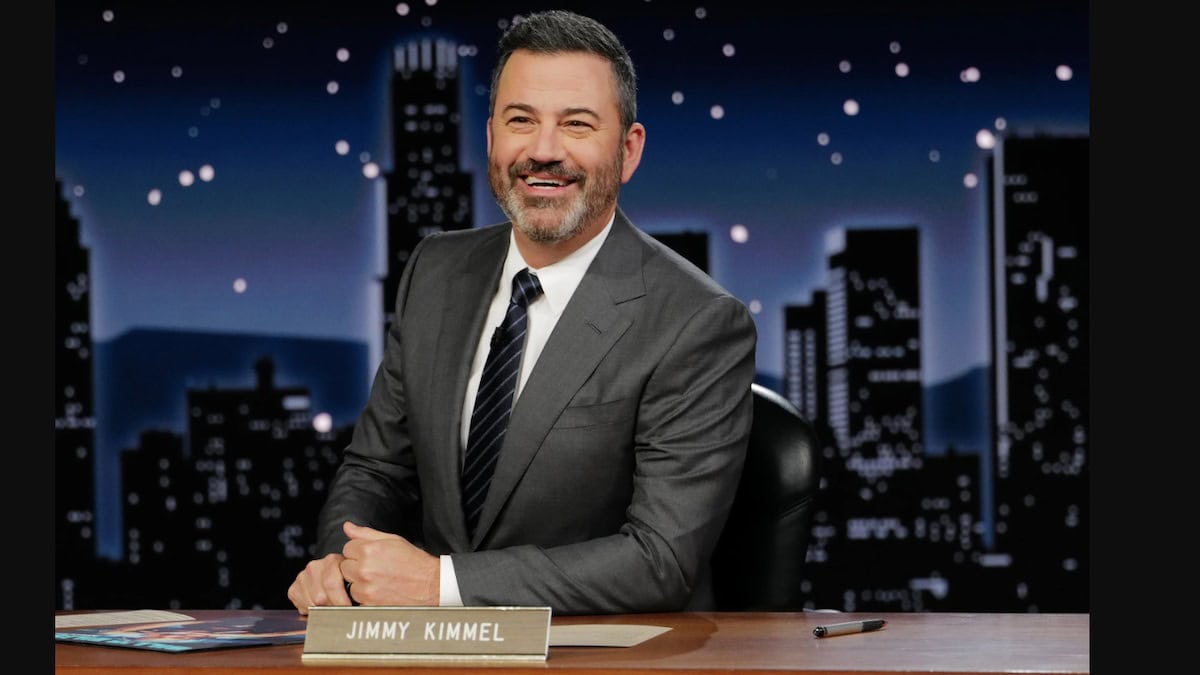
In the aftermath, Disney executives convened to evaluate the situation. Despite many believing Kimmel had conducted himself appropriately, the decision was made to suspend him. This capitulation to pressure from broadcasting giants like Nexstar and Sinclair Broadcasting marked a turning point in Disney’s operational philosophy amid political adversity. Notably, Sinclair’s public denial of returning Kimmel until an apology was made signaled the tough negotiations faced by Disney.
After a week of protests and severe viewer backlash, Disney resumed Kimmel’s show, although he remained absent from Nexstar and Sinclair outlets. Eventually, Kimmel made a full return, yet no concessions were required from either party.
Fallout from the Kimmel Incident
The Kimmel incident has had profound repercussions for Disney’s public image. Approval ratings have drastically fallen, and ongoing survey results indicate notable dissatisfaction from both political factions. Protests have arisen across various platforms, with viewers expressing disappointment in Disney’s handling of the Kimmel matter. Many have voiced concerns over the company’s ability to balance political pressures while maintaining program integrity.
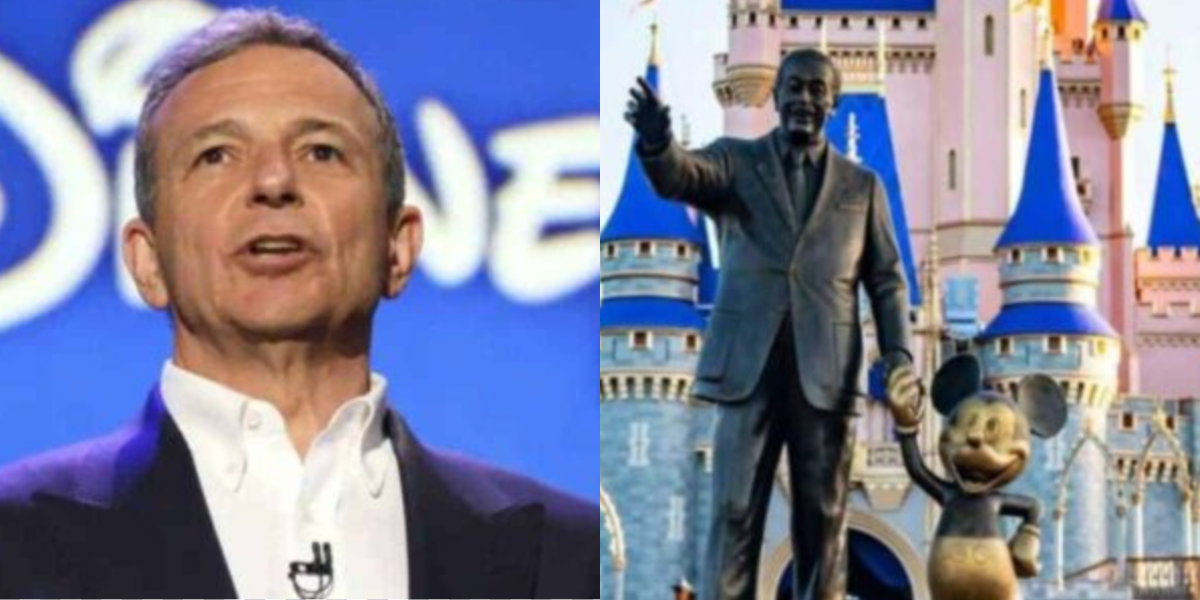
The impact of this situation on Disney’s favorability illustrates a complicated relationship with its audience. Once a beloved entertainment staple, the company is viewed with skepticism from both sides. As a result, Disney faces potentially enduring consequences, as the number of cancellations for its shows continues to rise.
Moving Forward: The Future of Disney
As Disney strives to regain its favor among viewers, it faces several challenges. Rebuilding trust among its audience will require careful consideration of its programming decisions and how they intersect with political discourse. Experts suggest that Disney must navigate future projects with heightened sensitivity toward political sentiments.
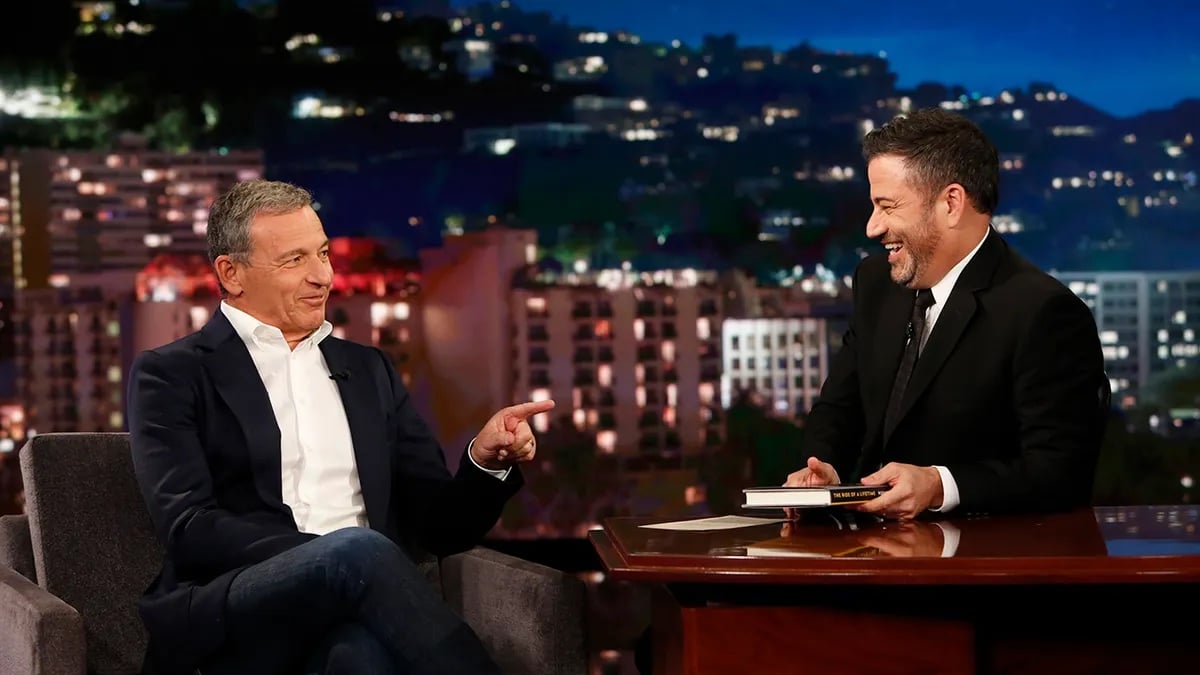
The implications of handling political pressures within the entertainment industry will also be closely scrutinized. The Kimmel episode serves as a case study in the complexities of media influence and political perspectives. A potential course correction may involve a renewed commitment to creative integrity free from external political dictates. Still, that balance must be maintained to ensure that Democrats and Republicans find common ground in their expectations for the company’s future.
As this saga unfolds, how Disney will adapt to the shifting landscape remains to be seen. In this landscape, even playful entertainment is scrutinized through partisan politics.

